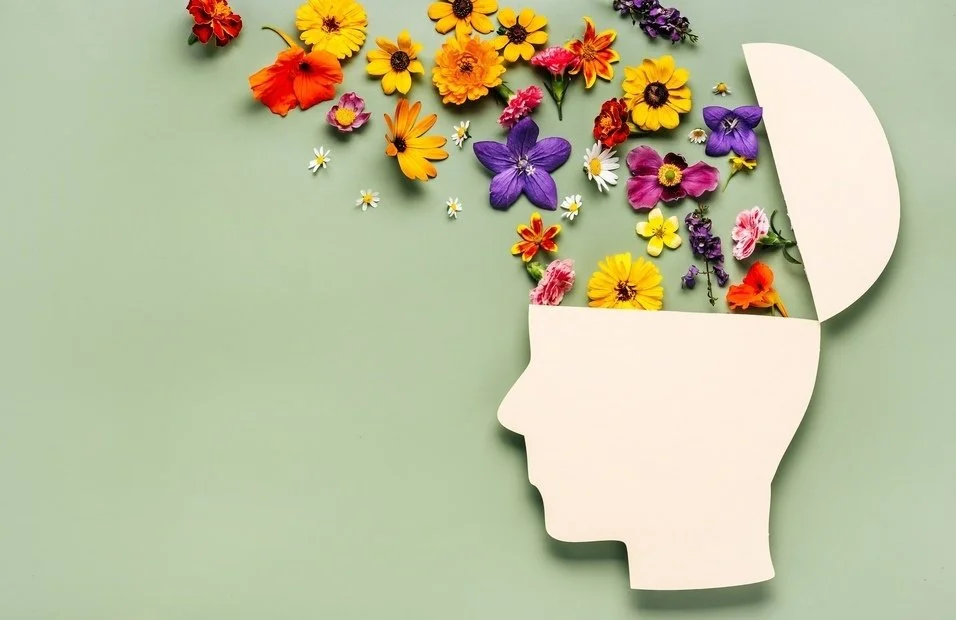Combat Stress with Self Care & Art Therapy
Stress is an inevitable part of life, affecting people of all ages, backgrounds, and walks of life. November 3, recognized as International Stress Awareness Day, is an opportunity to shed light on the importance of acknowledging and managing stress. Stress, if left unchecked, can take a toll on both our mental and physical well-being. In this blog, we'll explore the effects of stress on the human body, recognize signs of being overstressed, and offer self-care and art therapy projects as effective tools to cope with stress.
The Impact of Stress on the Human Body
Stress is a natural response to challenging situations. It triggers the body's fight-or-flight mechanism, releasing hormones like adrenaline and cortisol. In small doses, stress can be a motivator, but chronic stress can lead to a host of physical and mental health issues.
Physical Health Effects:
a. Weakened Immune System: Chronic stress can compromise the immune system, making the body more susceptible to infections and illnesses.
b. Cardiovascular Issues: Stress can elevate blood pressure, increase the risk of heart disease, and contribute to the development of conditions like hypertension.
c. Digestive Problems: Stress can lead to gastrointestinal issues, causing symptoms like stomachaches, diarrhea, or constipation.
d. Weight Gain: The body's response to stress can lead to increased appetite, leading to overeating and potential weight gain.
e. Muscular Tension: Stress can cause muscle tension and pain, leading to headaches, backaches, and more.
f. Sleep Disturbances: Persistent stress often results in disrupted sleep patterns, contributing to fatigue and sleep disorders.
Mental Health Effects:
a. Anxiety and Depression
Prolonged stress can contribute to the development of anxiety disorders and clinical depression.
b. Cognitive Impairment
Stress can impair cognitive function, affecting memory, concentration, and decision-making.
c. Emotional Instability
People under constant stress may experience mood swings, irritability, and emotional instability.
d. Decreased Resilience
Stress can erode a person's ability to cope with life's challenges and setbacks.
e. Increased Risk of Substance Abuse
Some individuals turn to substances like alcohol or drugs as a way to cope with their stress, leading to addiction issues.
Signs of Being Overstressed
Recognizing when you're experiencing excessive stress is crucial to addressing it effectively. Here are some common signs that may indicate you're overstressed:
Physical Symptoms:
Frequent headaches or migraines
Muscle tension and pain
Digestive problems like irritable bowel syndrome
Rapid heartbeat or chest pain
Fatigue and sleep disturbances
Emotional Symptoms:
Frequent mood swings
Increased irritability
Persistent feelings of anxiety or sadness
Difficulty concentrating or making decisions
Decreased motivation and energy levels
Behavioral Symptoms:
Overeating or undereating
Increased alcohol or substance use
Social withdrawal and isolation
Neglecting responsibilities at work or home
Procrastination and avoidance of tasks
Managing stress is essential for maintaining overall well-being. Self-care and art therapy projects can be effective ways to alleviate stress and promote a sense of calm and balance.
Self-Care Practices
Meditation and Mindfulness: Regular meditation practice and mindfulness exercises can help you stay present and reduce anxiety.
Physical Activity: Engaging in regular physical activity, whether it's yoga, walking, or a favorite sport, can release endorphins that reduce stress.
Healthy Eating: A balanced diet can support your body's resilience against stress. Avoid excessive caffeine, sugar, and alcohol.
Adequate Sleep: Prioritize sleep by creating a calming bedtime routine and maintaining a consistent sleep schedule.
Connect with Loved Ones: Spending time with friends and family can provide emotional support and a sense of belonging.
Time Management: Learn to prioritize tasks and set boundaries to avoid becoming overwhelmed with responsibilities.
Deep Breathing: Practicing deep breathing exercises can calm your nervous system and reduce stress levels.
Journaling: Keeping a stress journal can help you identify stress triggers and develop effective coping strategies.
Hobbies and Leisure Activities: Engage in activities you enjoy to take your mind off stress and relax.
Art Therapy Projects
Coloring Books: Adult coloring books can be a soothing and creative way to reduce stress.
Painting or Drawing: Express your emotions and release stress through artistic self-expression.
Collage Making: Create a collage using images and words that represent your feelings and goals. Sculpture: Sculpting with clay or other materials can be a tactile and therapeutic way to cope with stress.
Mandala Creation: Design your own mandalas, focusing on patterns and symmetry for a meditative experience.
Creative Writing: Use writing as a form of self-expression by journaling, writing poetry, or creating short stories.
Music and Dance: Playing an instrument, singing, or dancing can be a powerful outlet for stress and emotions.
Nature Art: Create art using natural materials like leaves, rocks, or flowers, connecting with the outdoors.
Self-care strategies and art therapy projects offer valuable tools for coping with stress. By integrating these practices into your daily life, you can promote relaxation, emotional balance, and resilience in the face of life's challenges. Remember, it's essential to prioritize your mental and physical health, and International Stress Awareness Day is an excellent occasion to start taking steps in the right direction.
If you or someone you love is struggling with stress and needs support, please reach out to us. Our team of therapists is here to provide support and guidance. We look forward to connecting with you.






